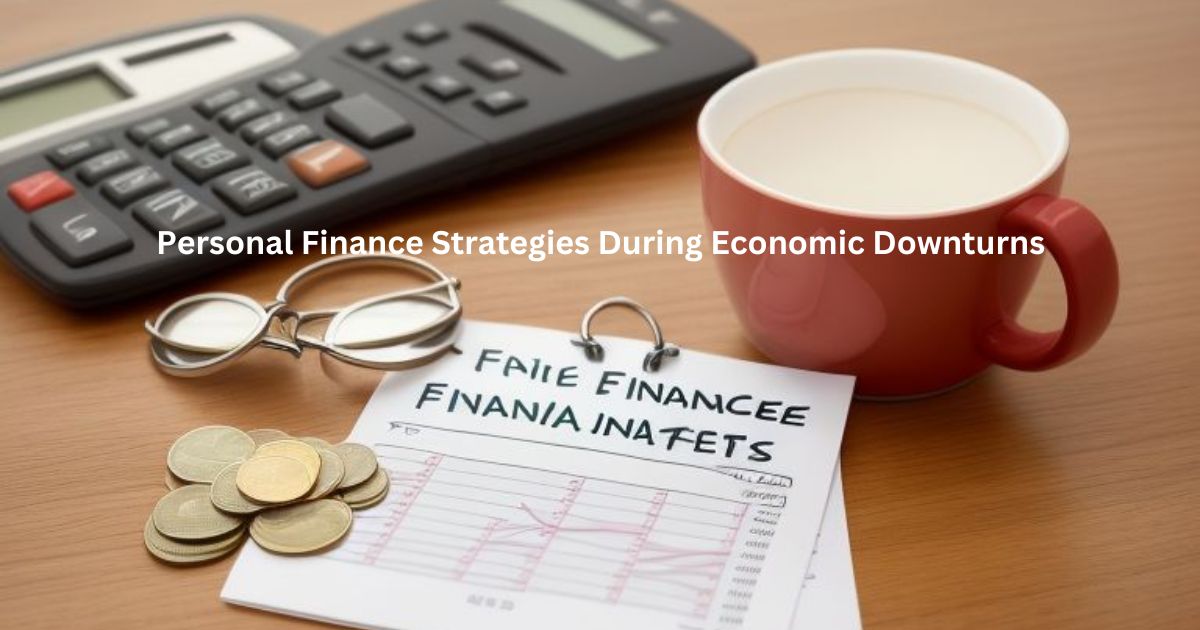Introduction
Managing personal finances can be overwhelming, especially for beginners. Fortunately, technology has made it easier with various financial planning apps designed to help you track spending, save, and invest. In this article, we’ll explore the best financial planning apps for beginners, providing a detailed overview of their features and benefits to help you choose the right one for your needs.
What Are Financial Planning Apps?
Financial planning apps are tools designed to help individuals manage their finances. These apps offer a range of features, including budgeting, expense tracking, investment management, and financial goal setting. For beginners, these apps can provide an accessible way to start managing money effectively and building healthy financial habits.
Why Use Financial Planning Apps?
Using financial planning apps offers several advantages:
- Ease of Use: These apps are user-friendly and accessible, making it easy for beginners to start managing their finances.
- Comprehensive Tracking: They help track all aspects of your finances in one place.
- Goal Setting: You can set and monitor financial goals, such as saving for a vacation or paying off debt.
- Insights and Tips: Many apps offer personalized financial insights and tips to improve your financial health.
Best Financial Planning Apps for Beginners
1. Mint
Mint is one of the most popular financial planning apps available. It offers a comprehensive suite of tools to manage your finances, including budget creation, expense tracking, and bill reminders. The app automatically categorizes your transactions and provides insights into your spending habits. Click here to download Mint App.
- Key Features:
- Budgeting and expense tracking
- Bill tracking and reminders
- Free credit score monitoring
- Investment tracking
2. YNAB (You Need A Budget)
YNAB is perfect for beginners who need help with budgeting. It uses a unique approach called zero-based budgeting, where every dollar is assigned a job. This method encourages proactive financial planning and helps users gain control over their finances.
- Key Features:
- Zero-based budgeting system
- Goal tracking
- Real-time syncing with bank accounts
- Educational resources and support
3. Personal Capital
Personal Capital is a great app for those looking to start investing. It offers a combination of budgeting and investment tracking tools. The app provides detailed insights into your investment portfolio, helping you make informed decisions.
- Key Features:
- Budgeting and expense tracking
- Investment tracking and analysis
- Retirement planning tools
- Net worth calculation
4. PocketGuard
PocketGuard simplifies budgeting by showing how much disposable income you have after accounting for bills and savings goals. This app is ideal for beginners who want a clear and straightforward approach to managing their finances.
- Key Features:
- Simple budgeting interface
- Bill tracking
- Customizable savings goals
- Subscription management
5. Wally
Wally focuses on expense tracking and budgeting. It allows users to set financial goals and track their progress. Wally’s intuitive interface makes it easy for beginners to manage their money.
- Key Features:
- Budgeting and expense tracking
- Goal setting
- Multiple account tracking
- Real-time currency conversion
Read More: How to Monitor All 3 Credit Reports and Scores: A Comprehensive Guide
FAQs
Are financial planning apps safe to use?
Yes, most financial planning apps use advanced encryption methods to protect your financial data. Always choose apps from reputable developers and check for user reviews and security certifications.
Do I need to pay for financial planning apps?
Many financial planning apps offer free versions with basic features. However, premium versions with advanced features are available for a subscription fee. Evaluate the features to decide if the premium version is worth it for your needs.
Can financial planning apps help with debt management?
Yes, several financial planning apps offer tools specifically designed for debt management, helping you create repayment plans and track your progress.
How do I choose the best financial planning app for me?
Consider your financial goals and needs. If you need help with budgeting, apps like YNAB or PocketGuard are great. For investment tracking, Personal Capital is a good choice. Read reviews and try free versions to find the best fit.
Conclusion
Financial planning doesn’t have to be daunting, especially with the help of modern apps designed to simplify the process. The best financial planning apps for beginners offer comprehensive tools for budgeting, tracking expenses, and managing investments. By choosing the right app, you can take the first step towards achieving your financial goals and ensuring a secure financial future.
Start exploring these apps today and find the one that suits your financial planning needs. With consistent use, these tools can transform how you manage your finances, helping you make informed decisions and achieve financial success.





